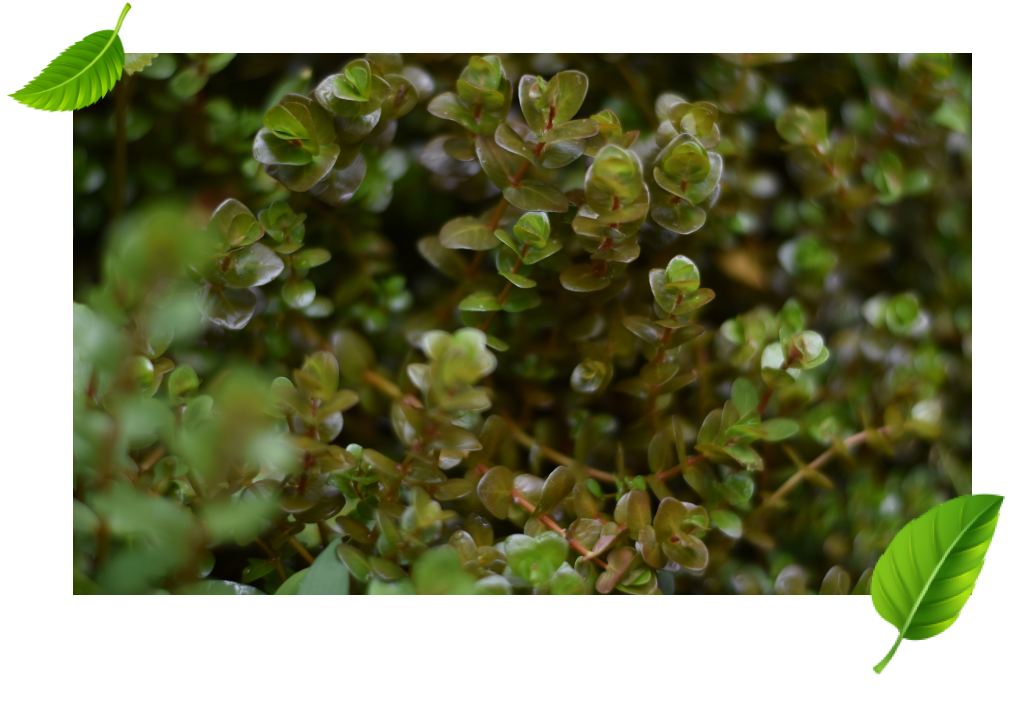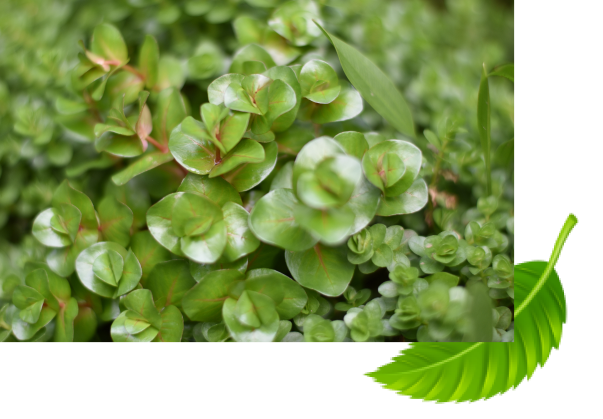
Plant Name
Bacopa caroliniana “cheese bee

Common name
Bacopa caroliniana
Sciencetific name
Bacopa caroliniana
Status
The conservation status of Bacopa caroliniana is not currently assessed as it is commonly cultivated for aquarium use and water gardens.

Description
Bacopa caroliniana, also known as Carolina Bacopa or Lemon Bacopa, is a popular aquatic plant admired for its delicate and graceful appearance. It features small, bright green leaves that grow in opposite pairs along its stems. The plant has a trailing or creeping growth habit, making it suitable for midground or background placements in aquariums.
Distribution
Bacopa caroliniana is native to parts of North and South America, including regions from the southeastern United States to Argentina. It is commonly found in marshy areas, along riverbanks, and in other wetland habitats.

Threats
As Bacopa caroliniana is widely cultivated and propagated for aquarium use and water gardens, it is not facing any significant threats in terms of conservation. Its popularity as an aquarium plant ensures a stable supply without impacting wild populations.
Facts
Carolina Bacopa is a favored choice among planted aquarium enthusiasts due to its ease of care and adaptability to various water conditions. It thrives in moderate to bright lighting and prefers nutrient-rich substrate for optimal growth and leaf coloration. Regular pruning and trimming can help maintain the plant's compact form and prevent it from overshadowing other plants in the aquarium. Propagation of Bacopa caroliniana can be achieved through stem cuttings, where new plants can be grown by planting the cut stems in the substrate.
Conservation efforts
As Bacopa caroliniana is primarily cultivated for the aquarium trade and not collected from the wild, specific conservation efforts focused solely on this species are not required. However, responsible cultivation practices and support for aquatic plant nurseries contribute to the conservation of biodiversity by reducing pressure on wild plant populations. Please note that the information provided is based on the template and general knowledge about Bacopa caroliniana up to September 2021. For the most up-to-date information, it is advisable to refer to recent sources and scientific literature.